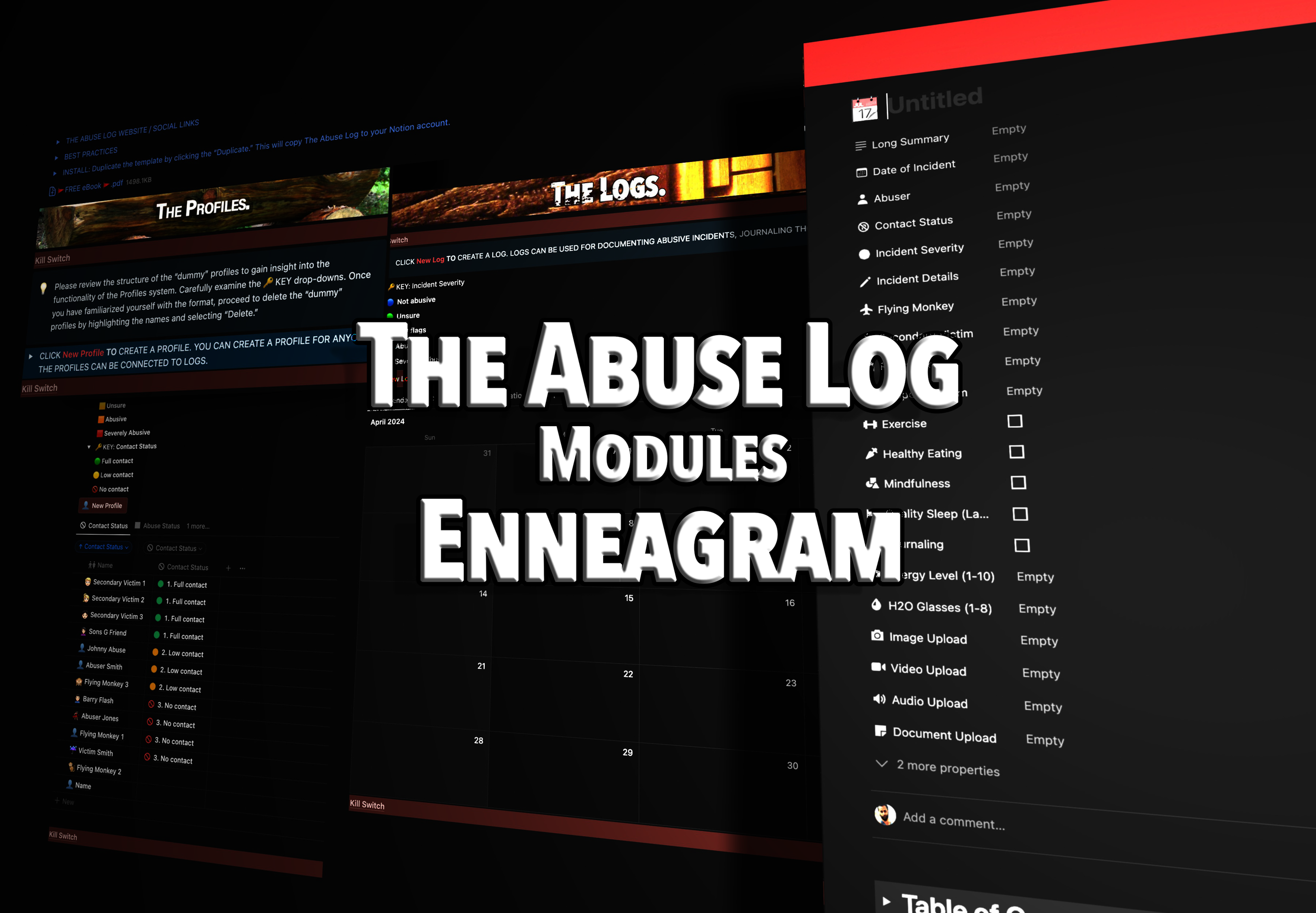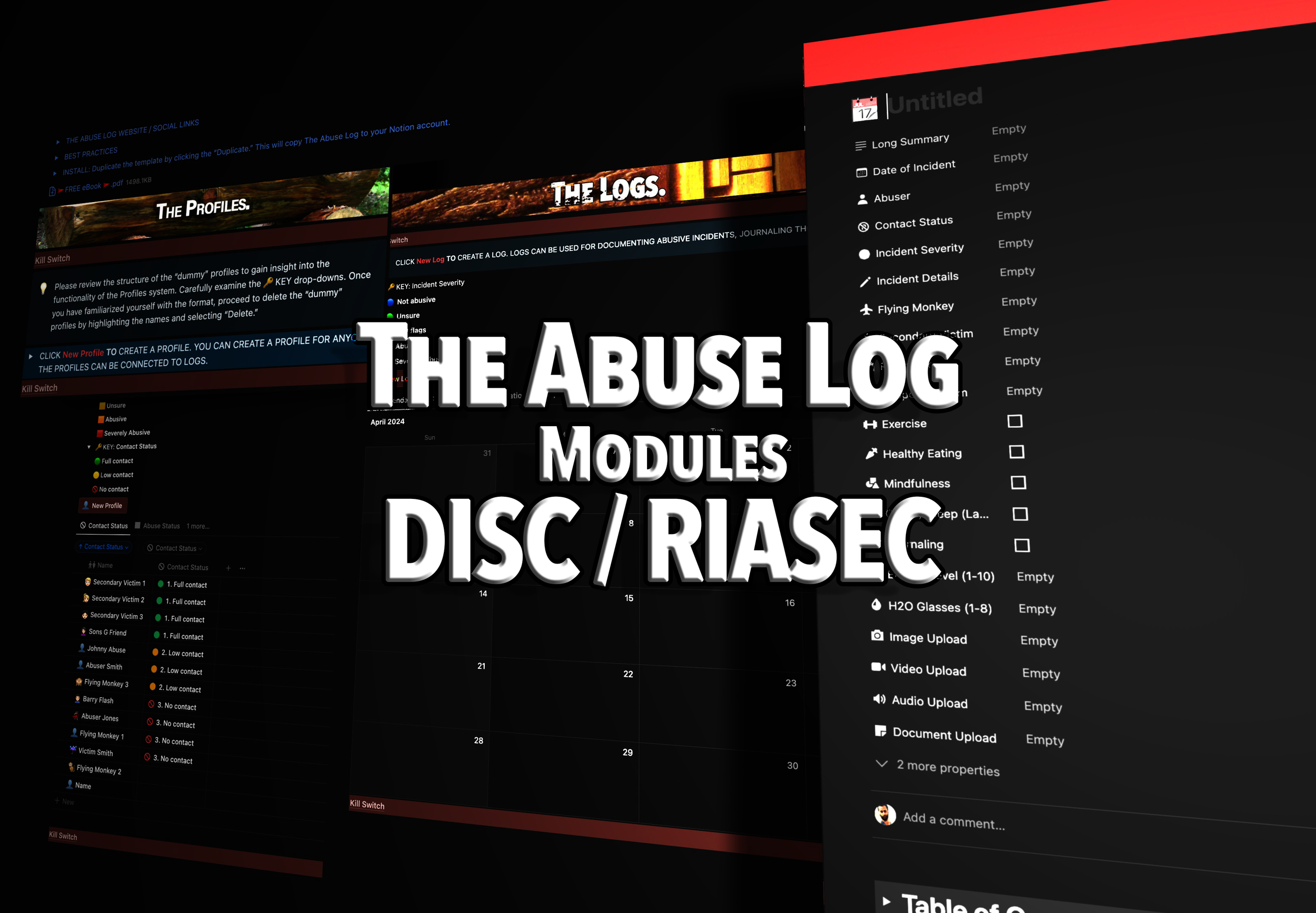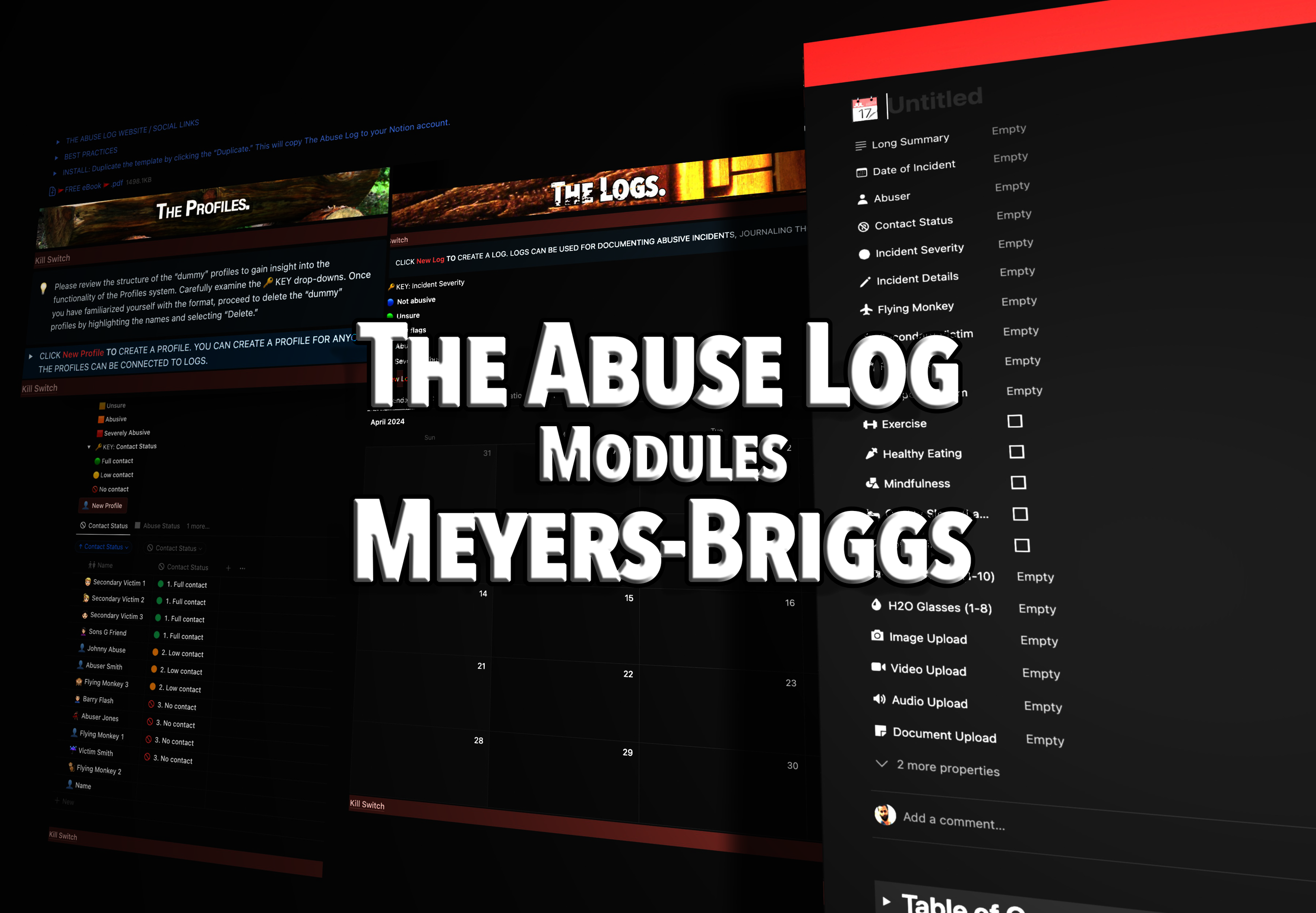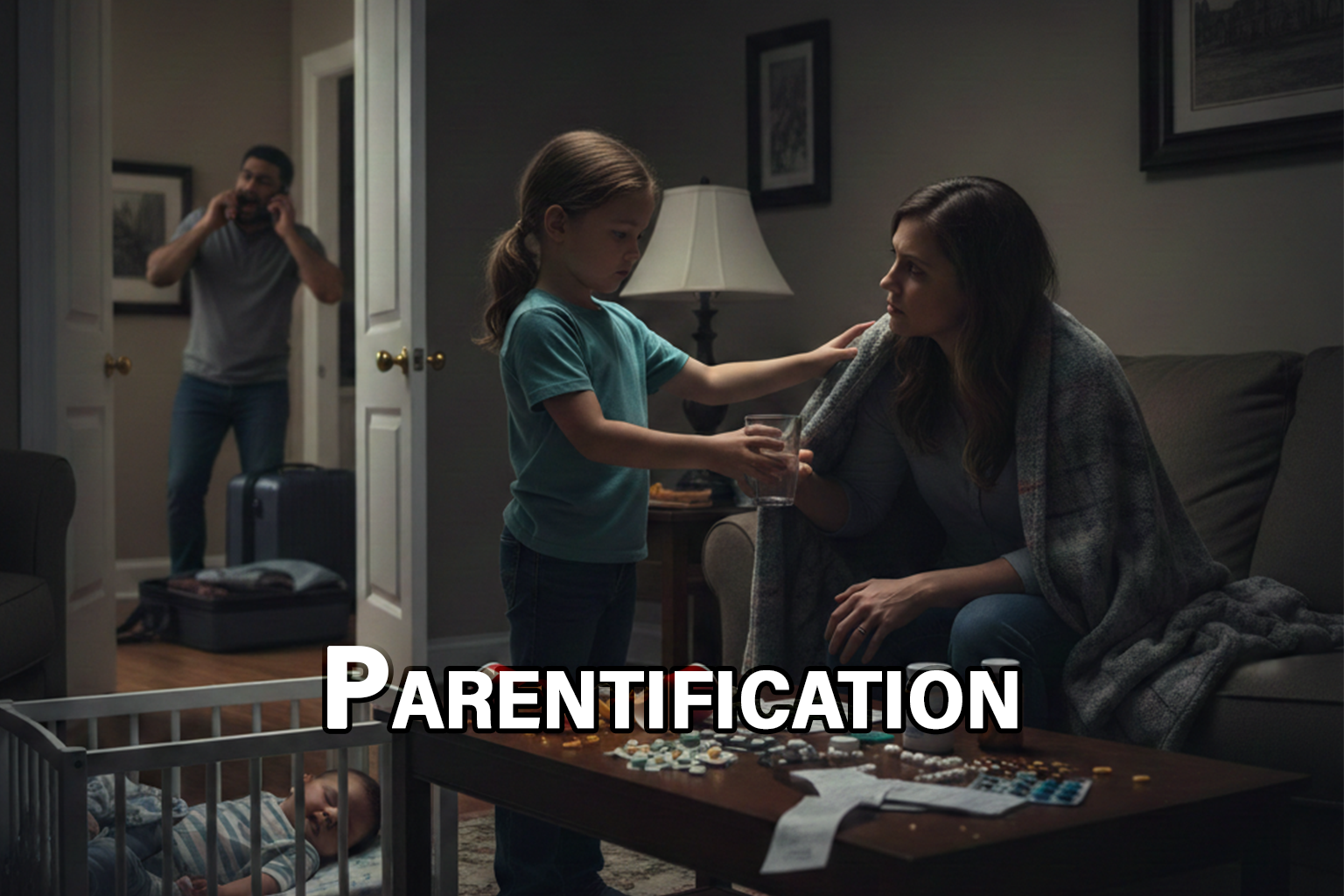Maternal Enmeshment: The Invisible Chains of Overbearing Bonds
Introduction Maternal enmeshment is a complex and often misunderstood dynamic within family relationships. At its core, enmeshment refers to an unhealthy boundary between a parent and child, where emotional and psychological lines become blurred. While love and closeness between a mother and her child are natural and essential, enmeshment crosses into a territory where the child’s independence, emotional autonomy, and self-identity are stifled. This phenomenon can have long-lasting consequences on personal relationships, self-esteem, and emotional well-being.
In this blog, we’ll explore the signs of maternal enmeshment, its root causes, and the psychological and emotional impact on those affected. Additionally, we’ll discuss pathways toward healing and establishing healthier boundaries.
1. Defining Maternal Enmeshment: The Struggle Against Individuation One of the defining features of maternal enmeshment is the mother’s inability to allow her child to individuate—to develop a distinct identity separate from her own. Individuation is a crucial psychological process during which a child learns to form their own thoughts, values, and sense of self. In an enmeshed relationship, this process is disrupted, as the mother may perceive her child’s independence as a threat to their bond.
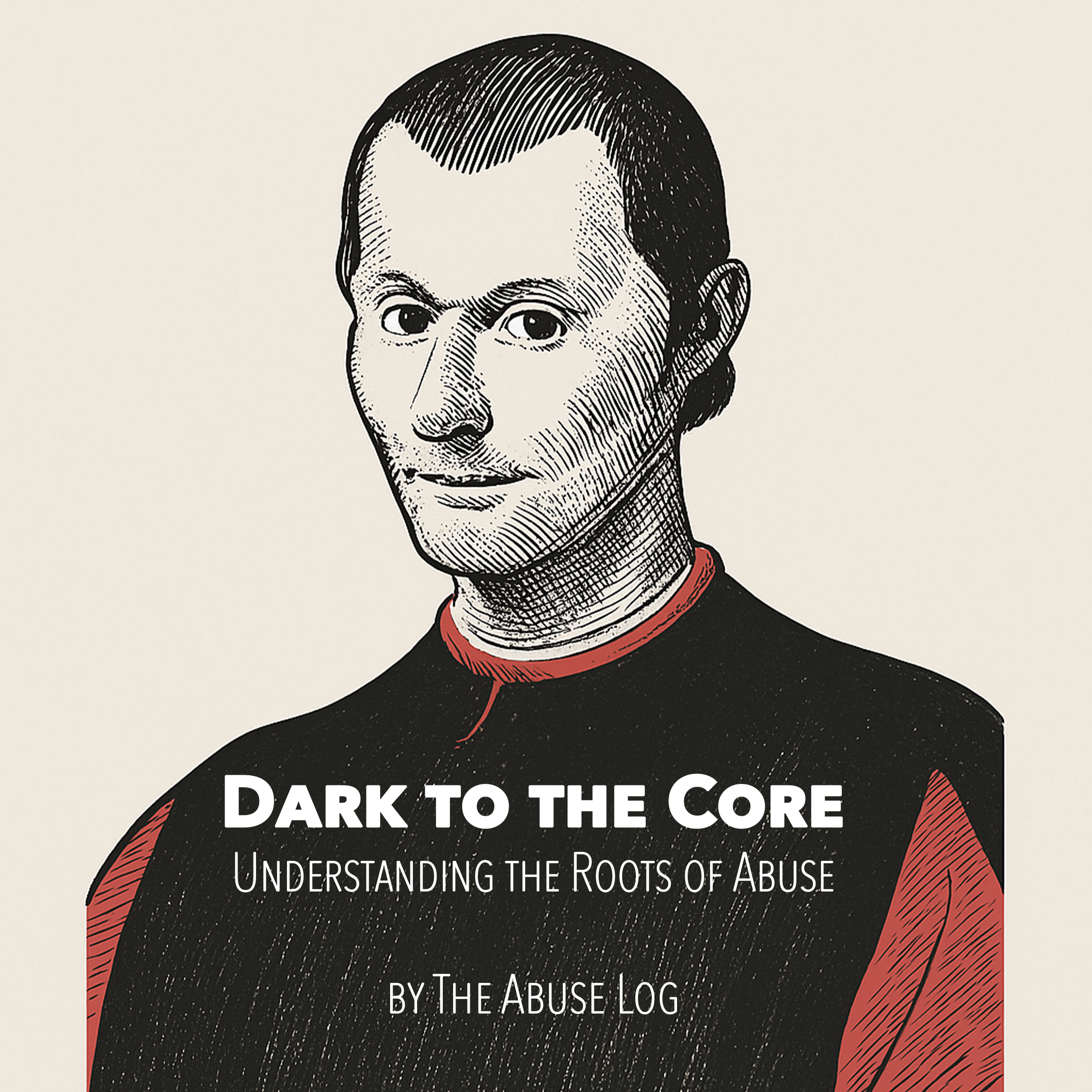
Key Signs of Disrupted Individuation:
The mother discourages or punishes independence.
The child feels guilty for expressing personal desires or opinions.
The mother attempts to live vicariously through the child.
Emotional boundaries are blurred, with the mother treating the child as an emotional confidant.
The child may fear asserting independence due to anticipated emotional backlash.
Root Causes of Disrupted Individuation:
The mother’s fear of abandonment or loneliness.
Unresolved trauma or unmet emotional needs in the mother’s own upbringing.
A lack of self-identity or purpose outside of motherhood.
Cultural or societal pressures reinforcing the idea of maternal self-sacrifice.
When individuation is blocked, the child remains emotionally tethered to the mother, unable to fully step into their own identity.
2. The Emotional and Psychological Consequences of Failed Individuation When a child is unable to individuate due to maternal enmeshment, the psychological consequences can extend far into adulthood. The inability to form a separate identity creates emotional dependency, low self-esteem, and a pervasive sense of guilt.
Impact on Emotional Development:
Chronic self-doubt and fear of failure.
Anxiety around decision-making.
Guilt when pursuing personal goals or desires.
Difficulty managing emotions independently.
Impact on Relationships:
Fear of intimacy and vulnerability.
Patterns of codependent behavior in friendships and romantic relationships.
Difficulty asserting boundaries with others.
Impact on Identity Formation:
A weak or fragmented sense of self.
Constant reliance on external validation.
Feeling lost when attempting to pursue independent goals.
Without the opportunity to individuate, children of enmeshed mothers often grow up feeling trapped between loyalty to their mother and their own need for self-expression.
3. Healing Through Individuation: Steps Toward Emotional Freedom Breaking free from maternal enmeshment requires a deliberate effort to reclaim individuality and establish emotional independence. The goal is not to sever the relationship with the mother but to redefine it with healthy boundaries and mutual respect.
Steps to Support Individuation:
Recognize the Pattern: Acknowledge the enmeshment dynamic and its impact on your identity.
Set Boundaries: Clearly define emotional and personal boundaries with your mother.
Develop Self-Awareness: Explore your own values, desires, and passions without external influence.
Seek Professional Help: Therapy can provide tools for building autonomy and emotional resilience.
Practice Assertiveness: Learn to express your needs and opinions without guilt.
Cultivate Separate Relationships: Build connections and support systems outside of the maternal relationship.
Embracing Emotional Independence:
Pursue personal goals without seeking approval.
Validate your own emotions and decisions.
Practice self-care as a priority, not a luxury.
Healing from maternal enmeshment and achieving individuation is not about rejecting your mother—it’s about embracing your right to exist as a separate, whole individual.
Conclusion Maternal enmeshment becomes particularly harmful when it prevents a child from individuating—developing their own identity and emotional independence. The inability to separate emotionally from one’s mother can create lifelong struggles with self-esteem, boundaries, and personal fulfillment.
Recognizing this dynamic is the first step toward change. With intentional effort, therapy, and a commitment to self-awareness, it’s possible to redefine the mother-child relationship in a way that honors both closeness and individuality. Emotional freedom begins with the courage to step into your own identity—without guilt, without fear, and with an unshakeable sense of self.


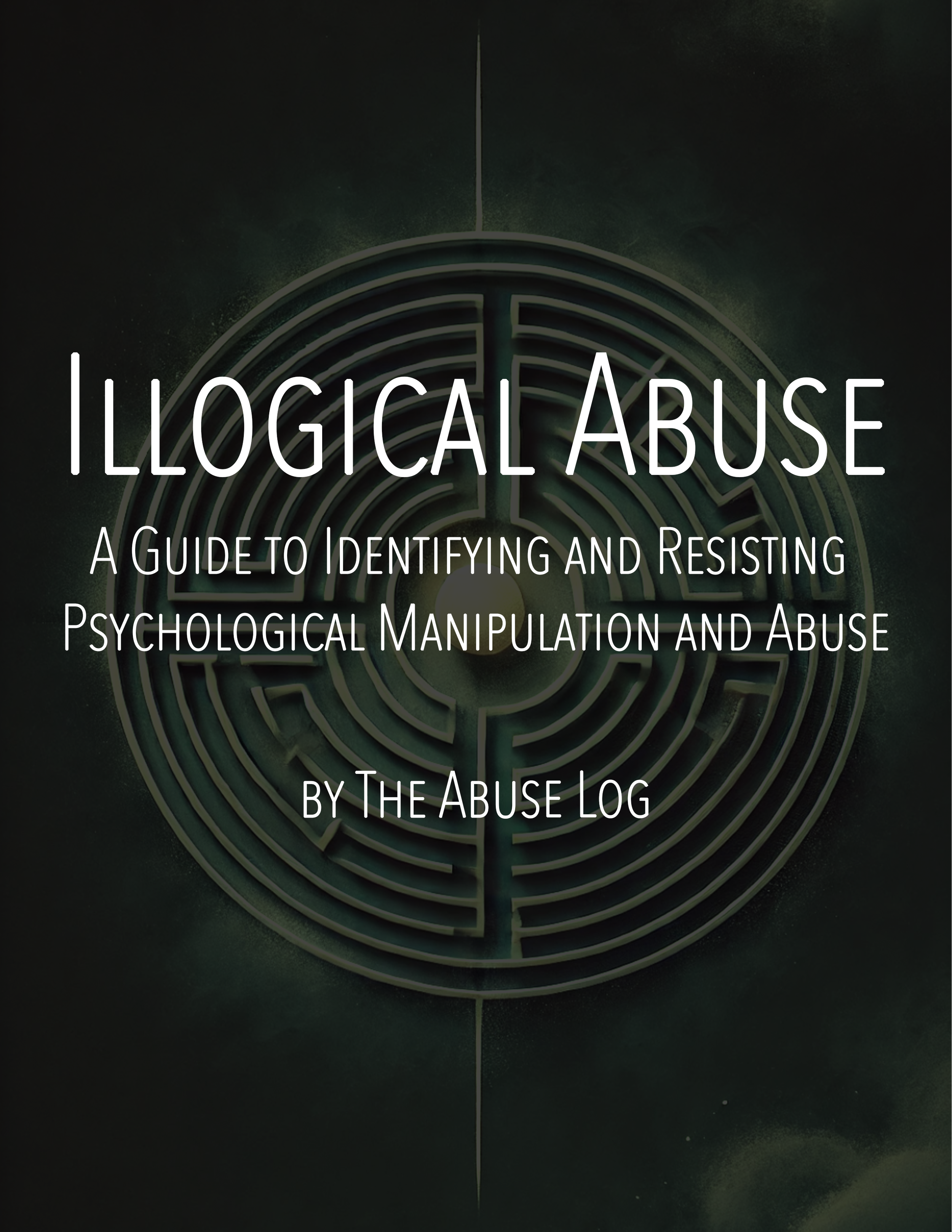

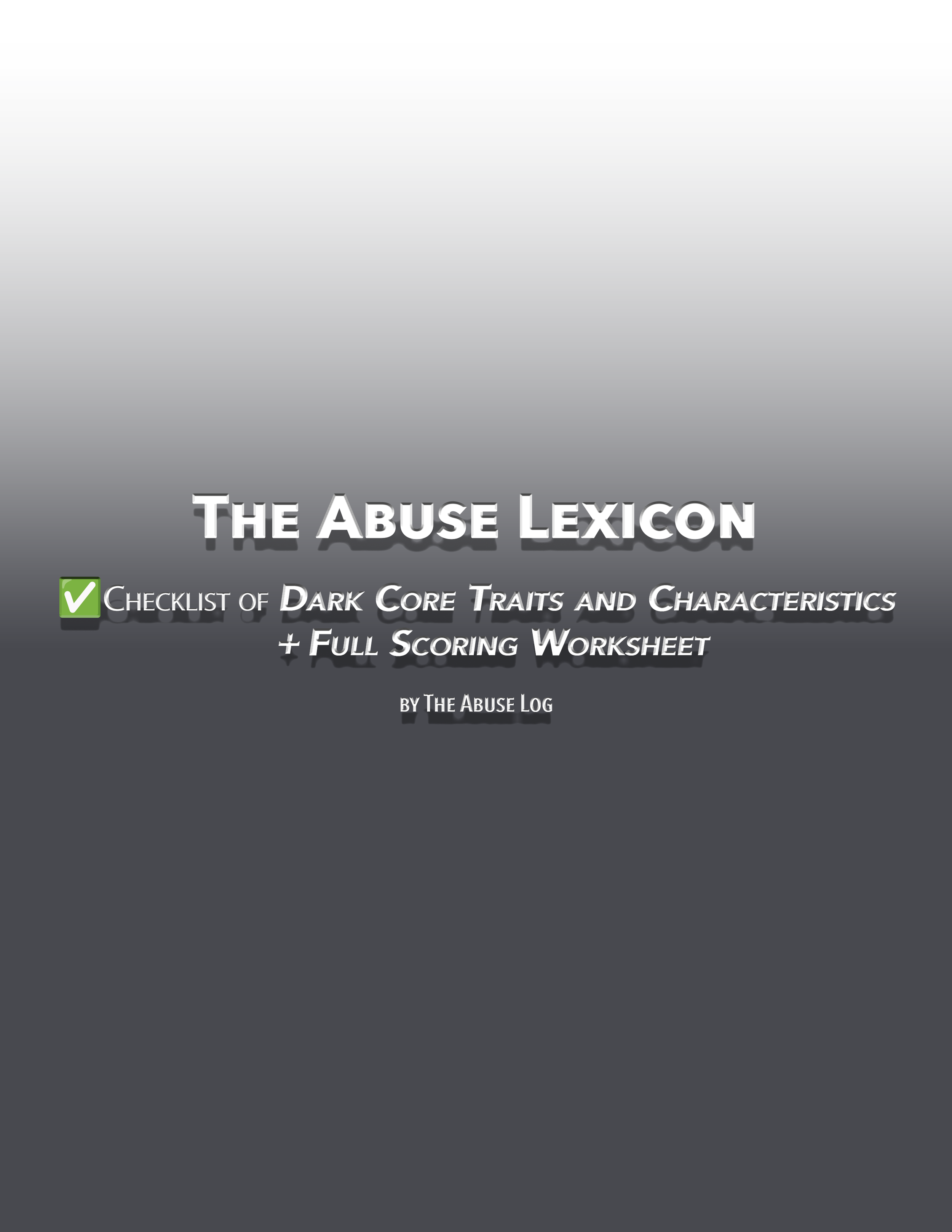


![The Abuse Log Notion Template [Basic]](https://images.squarespace-cdn.com/content/v1/65b9553c448d7e5b0ec1dfcd/4c83e581-b720-4cbe-83b1-2d72e7a9ac8a/Logo+Gumroad-Basic.png)
![The Abuse Log Notion Template [Advanced]](https://images.squarespace-cdn.com/content/v1/65b9553c448d7e5b0ec1dfcd/c3bb150a-a911-4f91-a23e-3621b98a2d55/Logo+GumroadAdvanced.png)
![The Abuse Log Notion Template [Professional]](https://images.squarespace-cdn.com/content/v1/65b9553c448d7e5b0ec1dfcd/7fa18cea-edf4-4325-8234-13f3527579c2/Logo+GumroadProfessional.png)






